Regarding the rights of ethnic minorities, in the 1948 United Nations
Universal Declaration of Human Rights, Article 2 stipulates: "Everyone is entitled to all human rights and freedoms without distinction of any kind, such as race, colour, sex, language, religion, national or social origin". [caption id="attachment_606732" align="alignnone" width="768"]
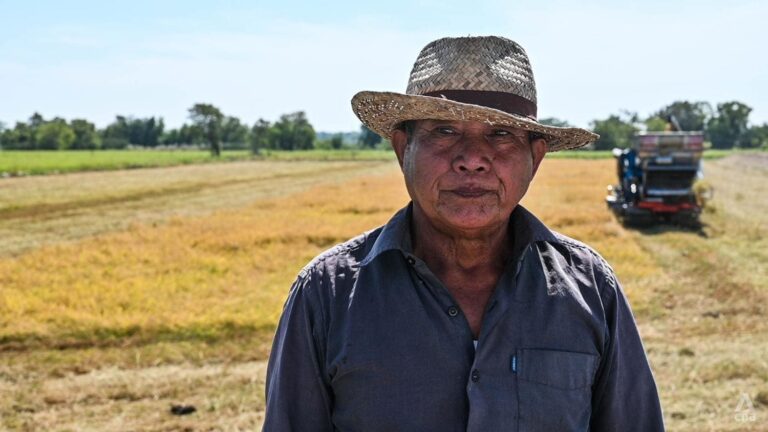
Thai farmers in front of their rice fields[/caption] This regulation emphasizes equality and fairness in the level of enjoyment of rights of ethnic communities living in the world. To further specify the group of rights of ethnic minorities, Article 3 of the International Covenant on Civil and
Political Rights (ICCPR) 1966 and the responsibilities of states in ensuring the implementation of the rights of the convention in the Declaration on the Rights of Persons Belonging to National, Ethnic, Religious and Linguistic Minorities 1992. However, there is a common feature in the content related to the rights and interests of this group of subjects, which is to emphasize the rights to enjoy their own culture, the right to express and practice their own religion or the right to use their own language, without mentioning the guarantee of human rights of ethnic minorities in the context of climate change and STMT.
Thailand's experience The Thai
government has used human intervention to adjust the ecosystem in a beneficial direction and the effect of this method is to create barriers against risks from negative changes in climate change and STMT. A typical example is that the Thai government will have a policy to help farmers switch from one crop variety to another that is more suitable to the predicted conditions, which is also a positive method to ensure the rights of ethnic minorities today. [caption id="attachment_606733" align="alignnone" width="768"]
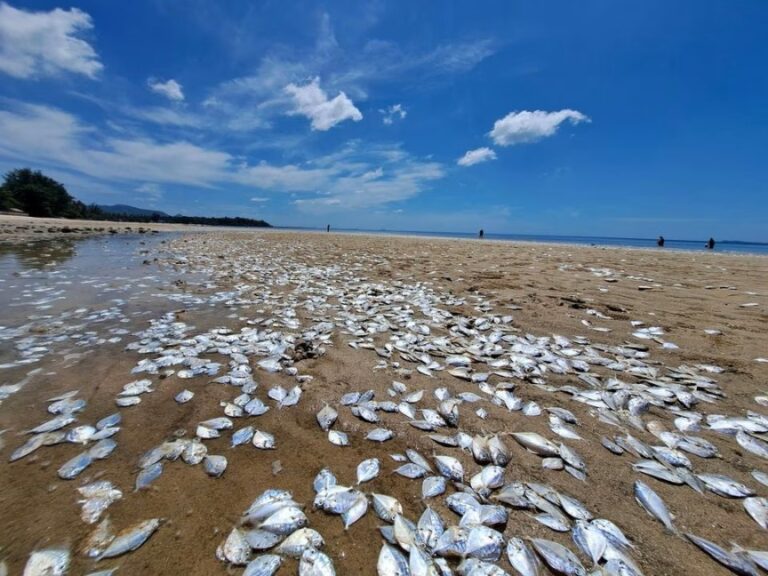
Climate change in Thailand changes the living and farming environment of people.[/caption] Also in the
agricultural sector, to reduce CH4 emissions from rice fields, the following approaches are proposed. One is to use enhanced rice production technologies (such as reducing the use of green manure and replacing fermented compost from farm residues, adding nitrogen fertilizers containing nitrate or sulfate to prevent CH4 production and some others. Second, Thailand changes its rice cultivation practices. Currently, in the face of climate change and climate change, Thailand also has some similar characteristics to Vietnam, which is abnormally higher (or abnormally lower) temperatures in recent years, so scientific research activities and activities of meteorological forecasting centers to build climate change scenarios are of deep concern to the Thai Government. Because the results of this study can contribute to better preparation for future climate research and prediction by providing data to build climate change adaptation or mitigation models. Thailand is one of the countries that has to deal with severe droughts and floods, which affect food security. Before In this situation, the Thai Government has planned the level of risk and the strategy of zoning residential areas. Specifically, areas with high levels of risk are recommended to pay attention to the level of vulnerability, including ethnic minorities. Based on the planning of the level of risk, the Thai Government will implement mechanisms to ensure effective warnings. In addition, in order to reduce the vulnerability of the poor, including ethnic minorities, the Thai Government maintains a policy of ensuring stable income for people if they improve the productivity and resilience of their farms through measures that protect the environment such as using environmentally friendly technology or implementing policies to allocate water in real time during floods and droughts... In addition, Thailand also carries out many projects related to environmental protection activities, in which the most prominent is the Advanced Technology project of advanced technology to measure, monitor and manage carbon sequestration in Community forestry and linking CO2 offsets with carbon finance markets for sustainable land use (especially for ethnic minorities concentrated in mountainous areas), is currently in the process of signing a global learning and observation project to benefit the environment between the National Oceanic and Atmospheric Administration - National Aeronautics and Space Administration - National Science Foundation (USA) and the Institute for the Promotion of Science and Technology Teaching (Thailand), this project also includes a group of ethnic minority students with the content of building a campaign on climate change for students to improve understanding of climate change.
 Thai farmers in front of their rice fields[/caption] This regulation emphasizes equality and fairness in the level of enjoyment of rights of ethnic communities living in the world. To further specify the group of rights of ethnic minorities, Article 3 of the International Covenant on Civil and Political Rights (ICCPR) 1966 and the responsibilities of states in ensuring the implementation of the rights of the convention in the Declaration on the Rights of Persons Belonging to National, Ethnic, Religious and Linguistic Minorities 1992. However, there is a common feature in the content related to the rights and interests of this group of subjects, which is to emphasize the rights to enjoy their own culture, the right to express and practice their own religion or the right to use their own language, without mentioning the guarantee of human rights of ethnic minorities in the context of climate change and STMT. Thailand's experience The Thai government has used human intervention to adjust the ecosystem in a beneficial direction and the effect of this method is to create barriers against risks from negative changes in climate change and STMT. A typical example is that the Thai government will have a policy to help farmers switch from one crop variety to another that is more suitable to the predicted conditions, which is also a positive method to ensure the rights of ethnic minorities today. [caption id="attachment_606733" align="alignnone" width="768"]
Thai farmers in front of their rice fields[/caption] This regulation emphasizes equality and fairness in the level of enjoyment of rights of ethnic communities living in the world. To further specify the group of rights of ethnic minorities, Article 3 of the International Covenant on Civil and Political Rights (ICCPR) 1966 and the responsibilities of states in ensuring the implementation of the rights of the convention in the Declaration on the Rights of Persons Belonging to National, Ethnic, Religious and Linguistic Minorities 1992. However, there is a common feature in the content related to the rights and interests of this group of subjects, which is to emphasize the rights to enjoy their own culture, the right to express and practice their own religion or the right to use their own language, without mentioning the guarantee of human rights of ethnic minorities in the context of climate change and STMT. Thailand's experience The Thai government has used human intervention to adjust the ecosystem in a beneficial direction and the effect of this method is to create barriers against risks from negative changes in climate change and STMT. A typical example is that the Thai government will have a policy to help farmers switch from one crop variety to another that is more suitable to the predicted conditions, which is also a positive method to ensure the rights of ethnic minorities today. [caption id="attachment_606733" align="alignnone" width="768"]  Climate change in Thailand changes the living and farming environment of people.[/caption] Also in the agricultural sector, to reduce CH4 emissions from rice fields, the following approaches are proposed. One is to use enhanced rice production technologies (such as reducing the use of green manure and replacing fermented compost from farm residues, adding nitrogen fertilizers containing nitrate or sulfate to prevent CH4 production and some others. Second, Thailand changes its rice cultivation practices. Currently, in the face of climate change and climate change, Thailand also has some similar characteristics to Vietnam, which is abnormally higher (or abnormally lower) temperatures in recent years, so scientific research activities and activities of meteorological forecasting centers to build climate change scenarios are of deep concern to the Thai Government. Because the results of this study can contribute to better preparation for future climate research and prediction by providing data to build climate change adaptation or mitigation models. Thailand is one of the countries that has to deal with severe droughts and floods, which affect food security. Before In this situation, the Thai Government has planned the level of risk and the strategy of zoning residential areas. Specifically, areas with high levels of risk are recommended to pay attention to the level of vulnerability, including ethnic minorities. Based on the planning of the level of risk, the Thai Government will implement mechanisms to ensure effective warnings. In addition, in order to reduce the vulnerability of the poor, including ethnic minorities, the Thai Government maintains a policy of ensuring stable income for people if they improve the productivity and resilience of their farms through measures that protect the environment such as using environmentally friendly technology or implementing policies to allocate water in real time during floods and droughts... In addition, Thailand also carries out many projects related to environmental protection activities, in which the most prominent is the Advanced Technology project of advanced technology to measure, monitor and manage carbon sequestration in Community forestry and linking CO2 offsets with carbon finance markets for sustainable land use (especially for ethnic minorities concentrated in mountainous areas), is currently in the process of signing a global learning and observation project to benefit the environment between the National Oceanic and Atmospheric Administration - National Aeronautics and Space Administration - National Science Foundation (USA) and the Institute for the Promotion of Science and Technology Teaching (Thailand), this project also includes a group of ethnic minority students with the content of building a campaign on climate change for students to improve understanding of climate change.
Climate change in Thailand changes the living and farming environment of people.[/caption] Also in the agricultural sector, to reduce CH4 emissions from rice fields, the following approaches are proposed. One is to use enhanced rice production technologies (such as reducing the use of green manure and replacing fermented compost from farm residues, adding nitrogen fertilizers containing nitrate or sulfate to prevent CH4 production and some others. Second, Thailand changes its rice cultivation practices. Currently, in the face of climate change and climate change, Thailand also has some similar characteristics to Vietnam, which is abnormally higher (or abnormally lower) temperatures in recent years, so scientific research activities and activities of meteorological forecasting centers to build climate change scenarios are of deep concern to the Thai Government. Because the results of this study can contribute to better preparation for future climate research and prediction by providing data to build climate change adaptation or mitigation models. Thailand is one of the countries that has to deal with severe droughts and floods, which affect food security. Before In this situation, the Thai Government has planned the level of risk and the strategy of zoning residential areas. Specifically, areas with high levels of risk are recommended to pay attention to the level of vulnerability, including ethnic minorities. Based on the planning of the level of risk, the Thai Government will implement mechanisms to ensure effective warnings. In addition, in order to reduce the vulnerability of the poor, including ethnic minorities, the Thai Government maintains a policy of ensuring stable income for people if they improve the productivity and resilience of their farms through measures that protect the environment such as using environmentally friendly technology or implementing policies to allocate water in real time during floods and droughts... In addition, Thailand also carries out many projects related to environmental protection activities, in which the most prominent is the Advanced Technology project of advanced technology to measure, monitor and manage carbon sequestration in Community forestry and linking CO2 offsets with carbon finance markets for sustainable land use (especially for ethnic minorities concentrated in mountainous areas), is currently in the process of signing a global learning and observation project to benefit the environment between the National Oceanic and Atmospheric Administration - National Aeronautics and Space Administration - National Science Foundation (USA) and the Institute for the Promotion of Science and Technology Teaching (Thailand), this project also includes a group of ethnic minority students with the content of building a campaign on climate change for students to improve understanding of climate change.



![[Photo] President Luong Cuong receives Speaker of the New Zealand Parliament Gerry Brownlee](https://vphoto.vietnam.vn/thumb/1200x675/vietnam/resource/IMAGE/2025/8/29/7accfe1f5d85485da58b0a61d35dc10f)
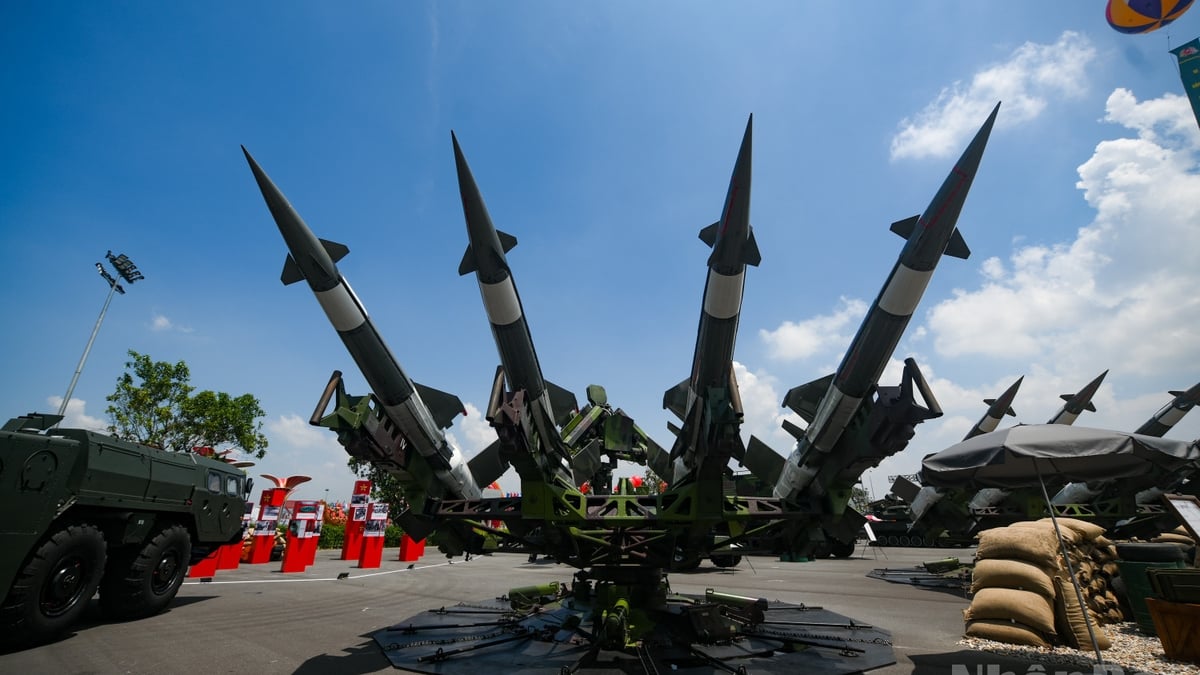


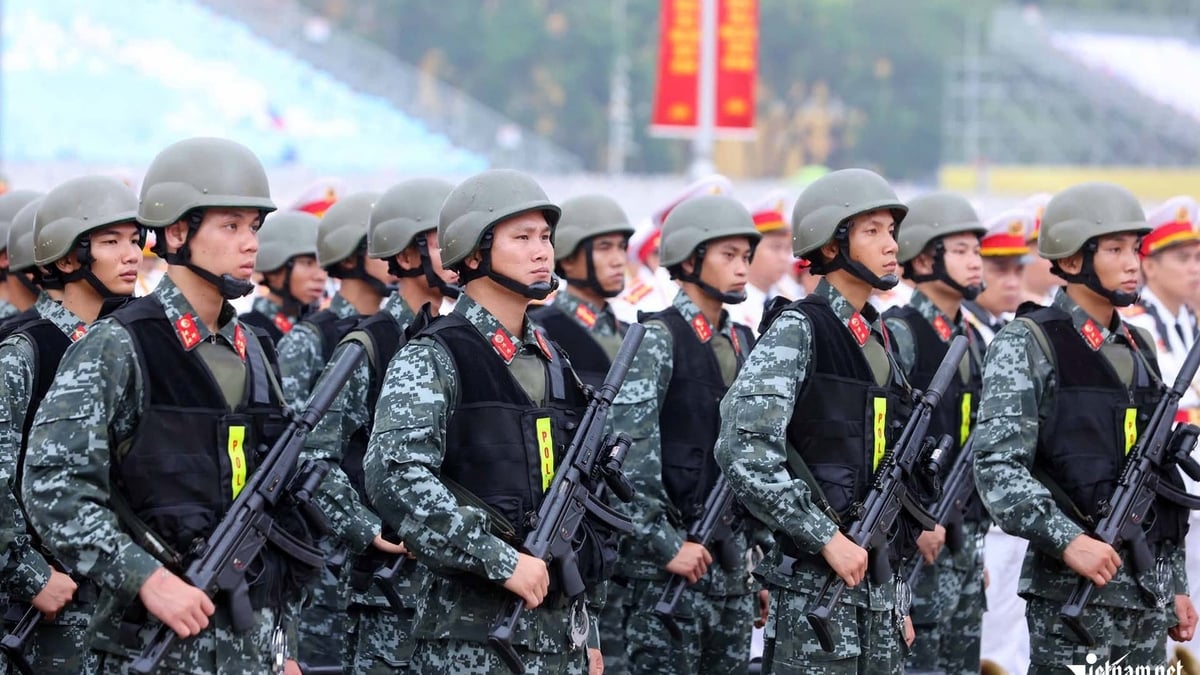


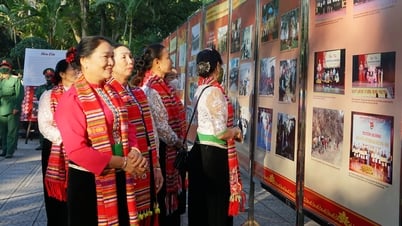

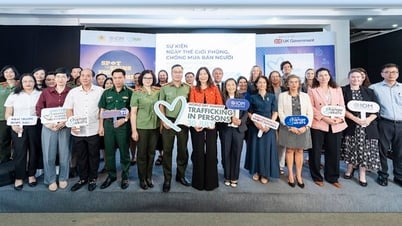

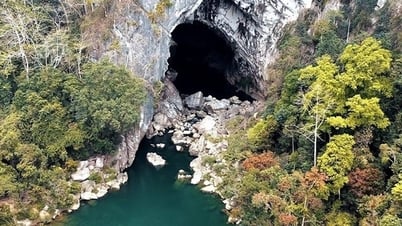

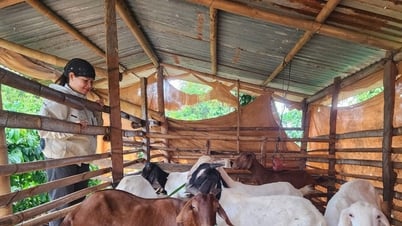







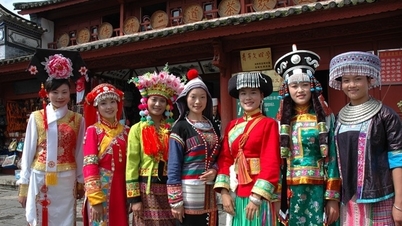

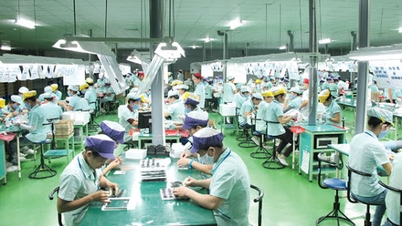
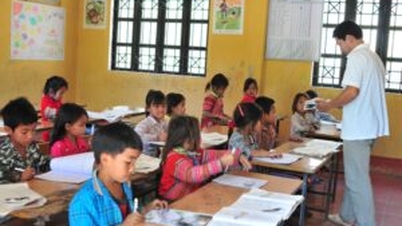

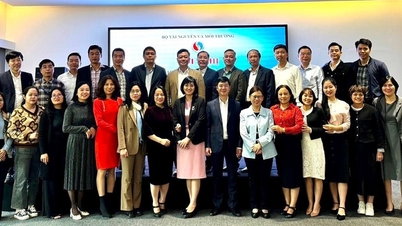
![[Photo] Hanoi is ready to serve the occasion of the 80th National Day Celebration on September 2nd](https://vphoto.vietnam.vn/thumb/1200x675/vietnam/resource/IMAGE/2025/8/29/c838ac82931a4ab9ba58119b5e2c5ffe)








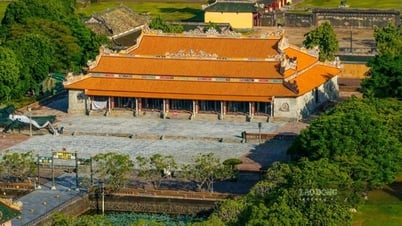


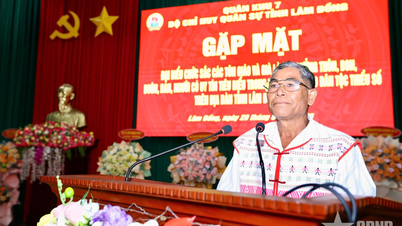

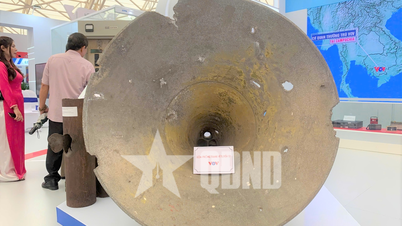


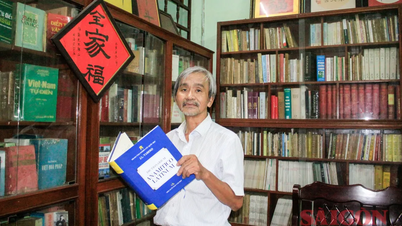







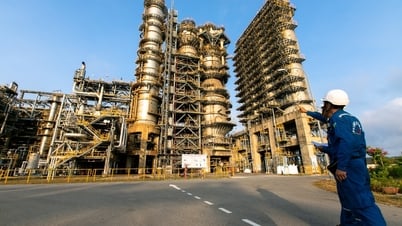
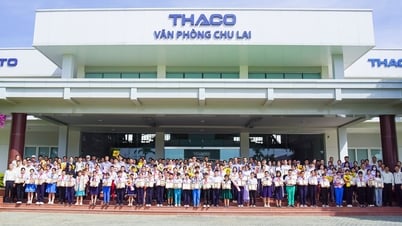





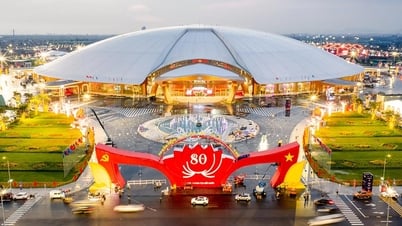
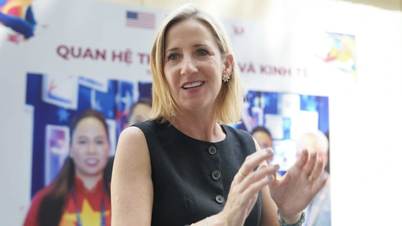

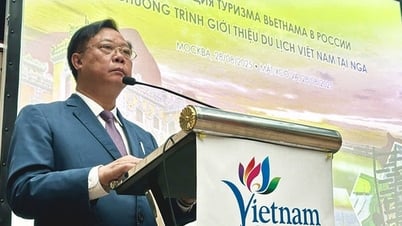
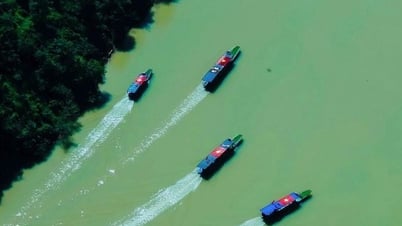



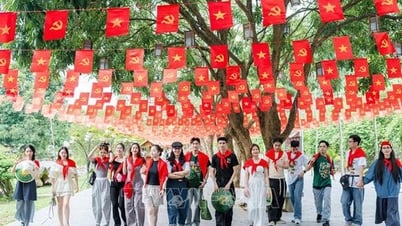
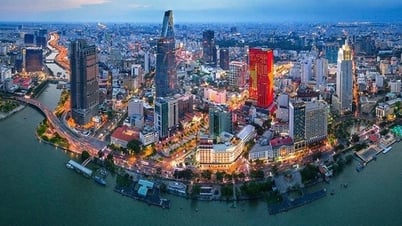
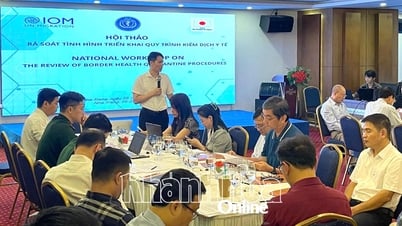

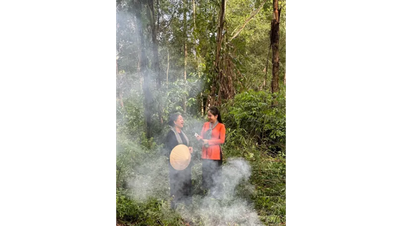



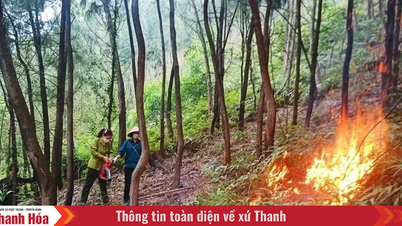


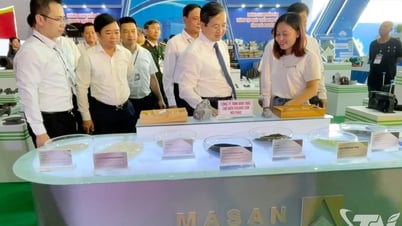






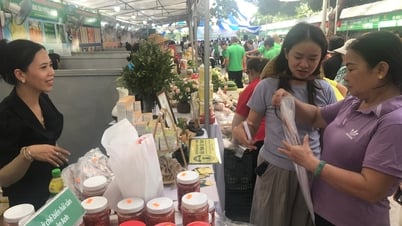



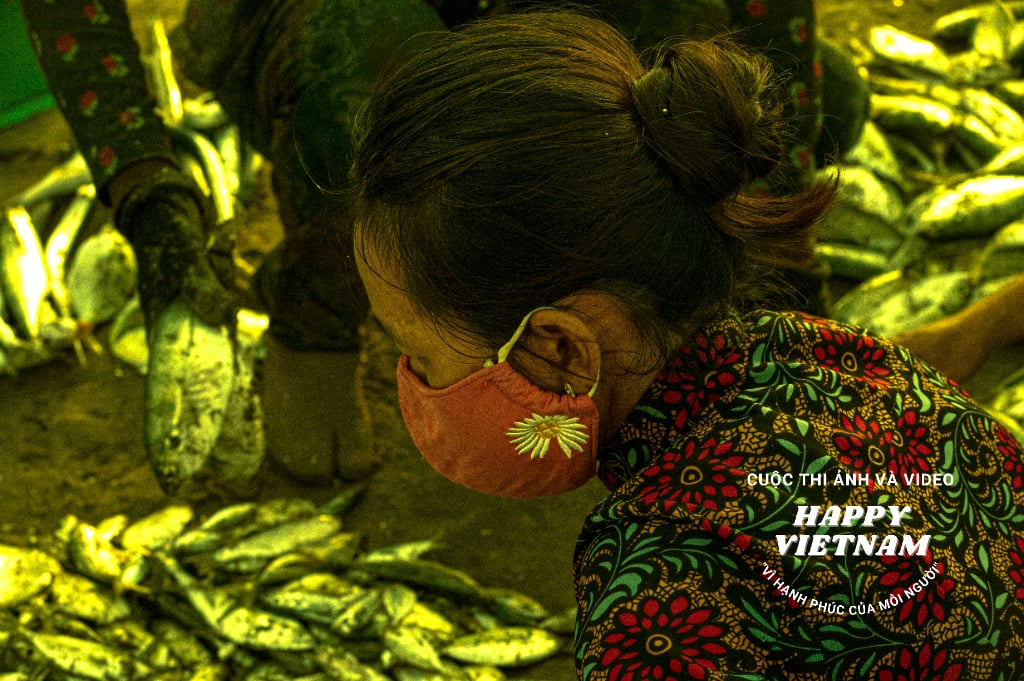


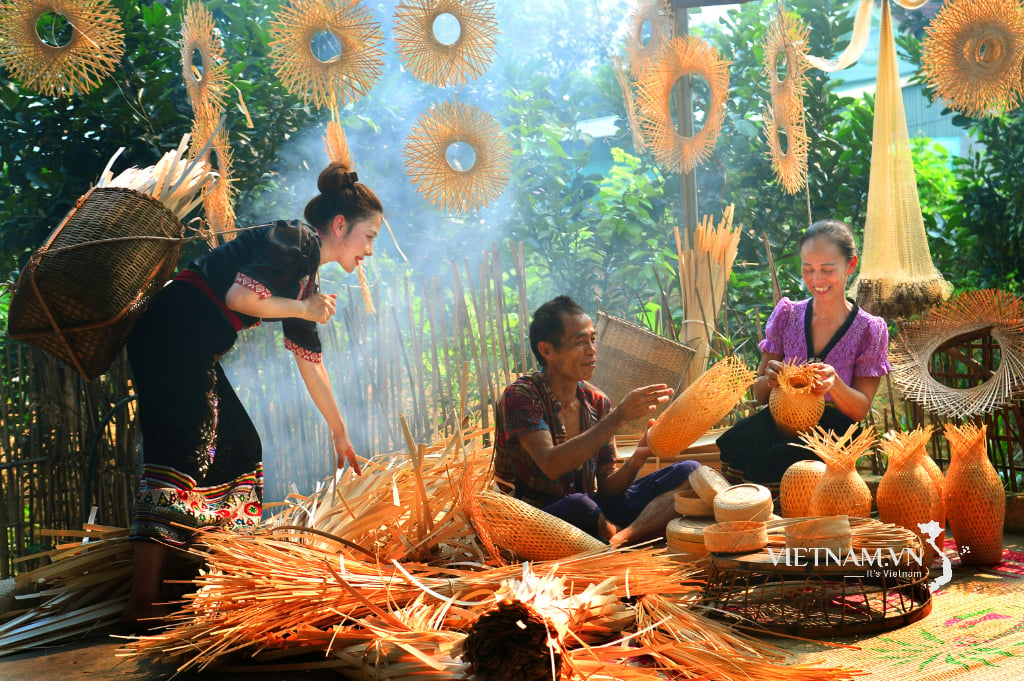
Comment (0)